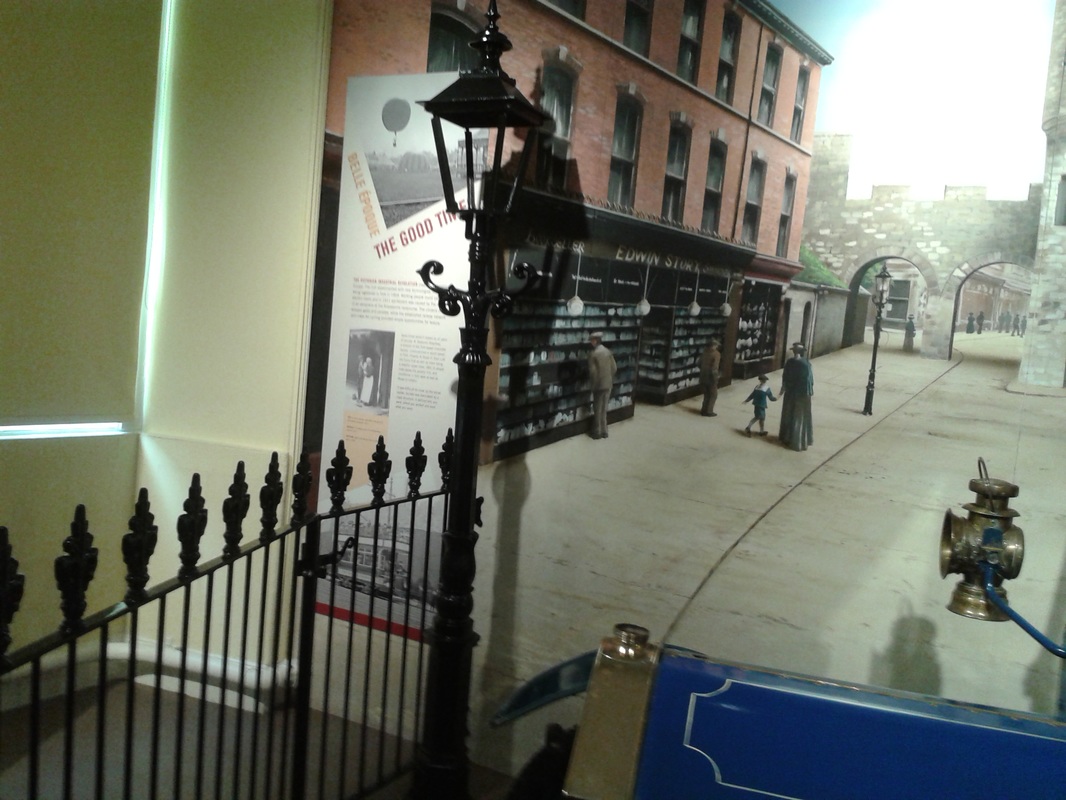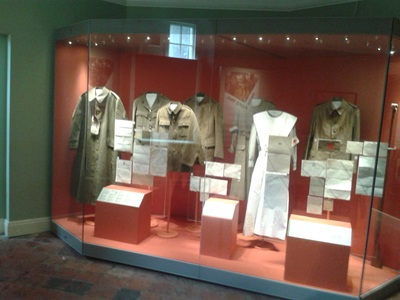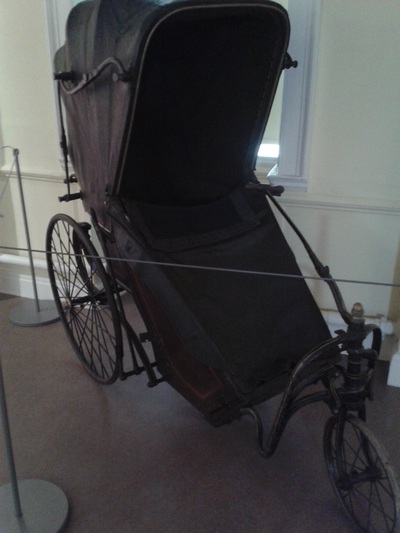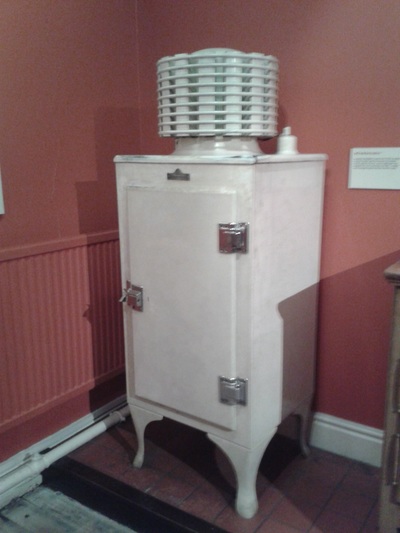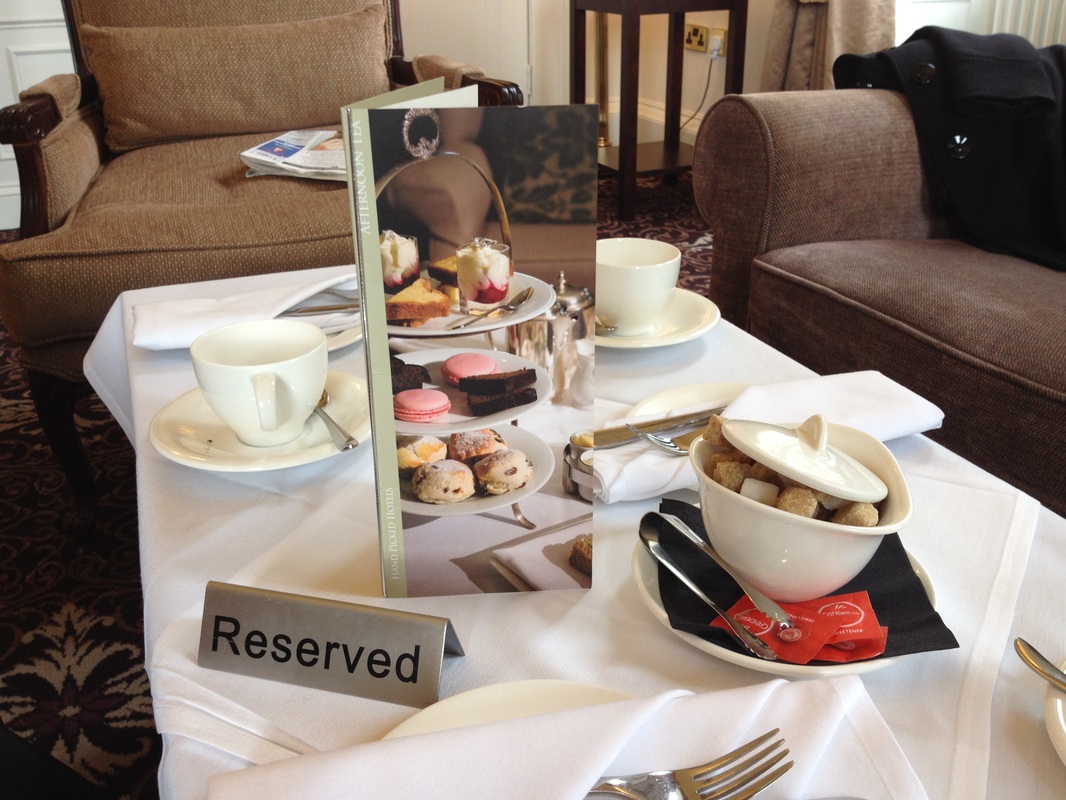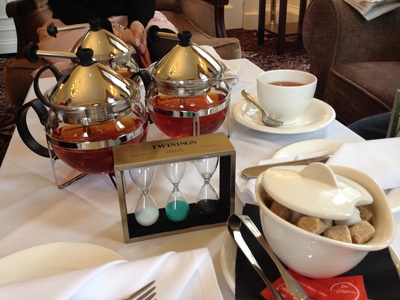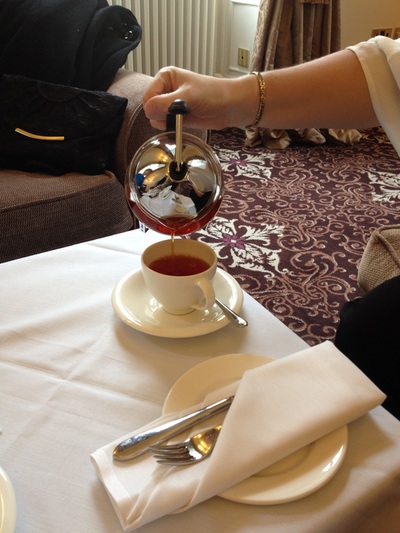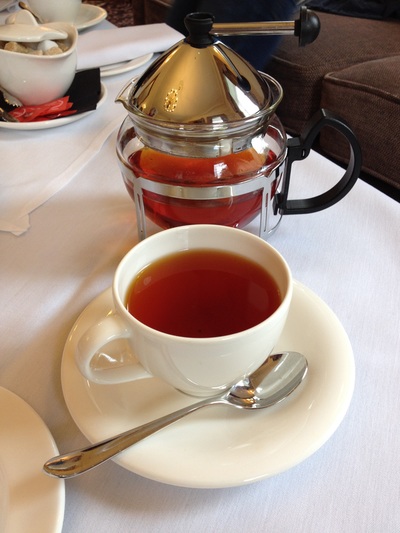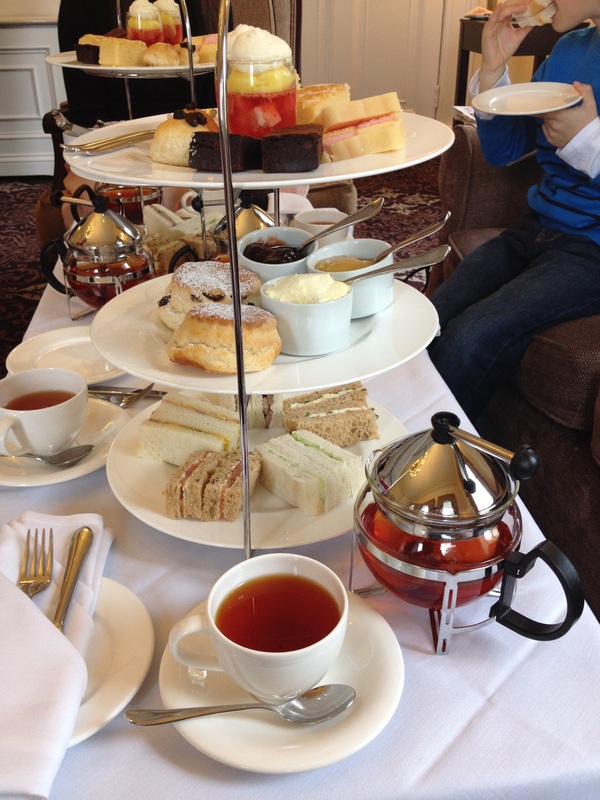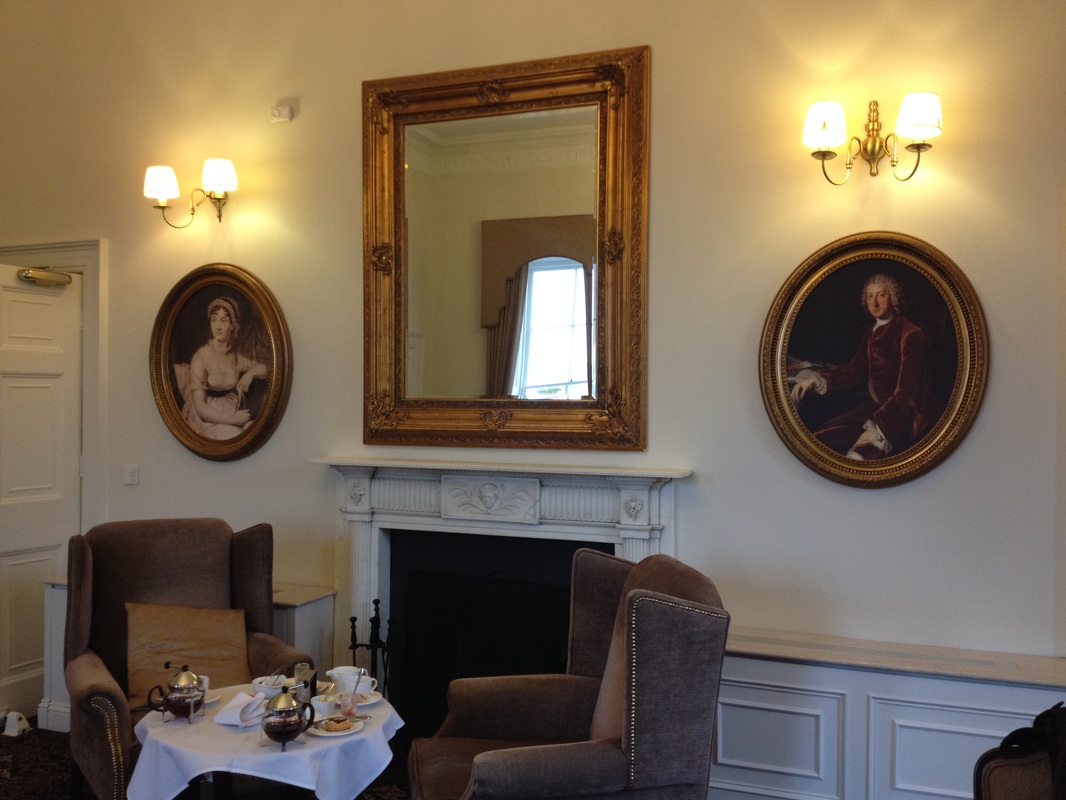Following on from my post on Wednesday; the funny poem I wrote when I
first started working at the Post Office, here's another amusing P O
related post.
A regular customer of mine handed me a very funny
book "Golden Oddlies" by Paul Jennings around the time of my second
Christmas stint. As you can imagine, it was pretty manic, but the
Chapter "Psychological Grading" gave me great cause for comfort - and
chuckles.
"Golden Oddlies" is the best of Jennings "Oddly Enough"
column that he wrote for the Observer. If you've ever worked in a Post
Office, stood in a Post Office queue, or worked in Customer Service, you
will relate to his musings...
PSYCHOLOGICAL GRADINGAll
British sociologists will welcome the Report of the Royal Commission
for Psychological Grading in Busy Places, published this week for the
Ministry of Development and Printing, for it represents the first real
official attempt to cope with the problem in modern society of
complication-neurosis.
This is a condition which can best be
explained to the layman by actual examples. Let us imagine a suburban
branch Post Office, with, say, six positions - Stamps, Savings, Money
Orders, Position Closed, Pensions and Allowances, and Telegrams. An
ordinary customer (in the sociologists' jargon, a neutral counter-unit,
or N.C.U.) such as the reader or the writer of this article - a person,
therefore, entirely free from complication-neurosis - goes in to buy a
book of stamps. He is preceded in the queue by a complication-neurotic
who, perhaps, wishes to send a parcel to the Virgin Isles, a possession
of the U.S.A. The clerk looks dubious, then calls someone from an inner
office with a glass door. They fetch down a big book - the Post Office
Guide. They find the section on the Virgin Isles.
'Ah,' murmurs the First Clerk, 'Customs Declaration "A".'
They
are not quite sure what this is, so they flip rather aimlessly through
the pages until it occurs to Clerk Two to look up 'Customs' in the
Index. They find it and Clerk One reads, in an unsure sort of voice,
'Two kinds of customs declaration form are in use, namely an adhesive
form to be affixed to the parcel (mainly for Empire use), and a
non-adhesive form (for most foreign countries). Two or more copies of
the latter form may be required, see pp. 110-209.'
But pp. 110-209
are merely the alphabetical section covering the world's countries,
containing the bit about the Virgin Isles where Clerk One started. We
are in a vicious circle. But this is only the beginning. When they have
finally decided about the Customs, Clerk Two says, 'What's in the
parcel?'
'Well, it's a kind of model I made,' says the woman helplessly, 'and a few potatoes.'
'Potatoes,
eh?' says Clerk One doubtfully. More page flicking, then, 'I'm afraid
we can't accept it, ma'am.' For under 'Prohibited Articles' it says, for
the Virgin Isles:
Letters, cotton seed, cotton
and cotton seed products (except oil, manufactured cotton and cotton
waste; see below); feathers and skins of wild birds (except ostrich
feathers) unless for educational purposes; films or pictorial
representations of prize fights; intoxicating liquors; potatoes...And
so on, while all the normal person or N.C.U. wants is this book of
stamps. Not only Post Office are affected by the spread of
complication-neurosis. Evidence submitted to the Commission shows that
most of the people who want a simple second-class return to Birmingham
in a hurry are preceded by the sort of man who wants to go on an obscure
place in the Hebrides. He has voluminous inquiries about sailing
tickets and seat places and insurance. His ticket, instead of being
issued quickly with a metallic thump from a machine, has to be
laboriously written out on a duplicate form with long footnotes about
'Messrs MacBrayne's Services'. In a bank, an N.C.U. who merely wishes to
cash a cheque for £5, will be preceded by someone with a battered
attache case full of little blue bags full of pennies and complicated
company accounts.
The Commission's Report recommends a revolutionary
technique of psychological grading, to be tried out experimentally at
first in Post Offices.
We are in entire agreement
with the experts who have given evidence (it says) that the present
division of Post Offices into operational functions is arbitrary and
inefficient. We therefore recommend a form of Psychological Grading. In a
Six-Position Post Office two of the positions should be labelled
'SIMPLE'. The remaining four should be labelled 'COMPLICATED'. Counter
units should be met at the door of the Post Office by a trained
psychologist who by the answer given to some such question as 'Good
morning sir (or madam); what do you require?' would be able to deduce
the degree, if any, of complication-neurosis, and direct the
counter-unit accordingly.I need hardly point out the
effect on our social life if the Report is acted upon. Normal people
like the reader, or the writer, of this article will be able to pop
quickly in and out of the Post Office, even at the busiest times.
Complication-neurotics will have a special part of the Post Office all
to themselves, screened off with trellis and artificial roses, there
will be little tables where they can discuss their problems with
fellow-spirits all day long over a cup of Post Office coffee.
The
realignment of staff will mean an overall increase in Functionary Time
(F.T.) without the corresponding increase in Functionary Units which
sociologists previously thought this must involve. The Report,
recognising the existing shortage of psychologists, outlines a scheme
for Regional Training Colleges giving a special one-year course. In the
Report's concluding words,
the initial expense
should soon be repaid, since from Post Offices it is a short step to
railway booking offices, banks, and shops. and we may therefore look
forward confidently to an efficient rationalisation of the whole of our
public life.




